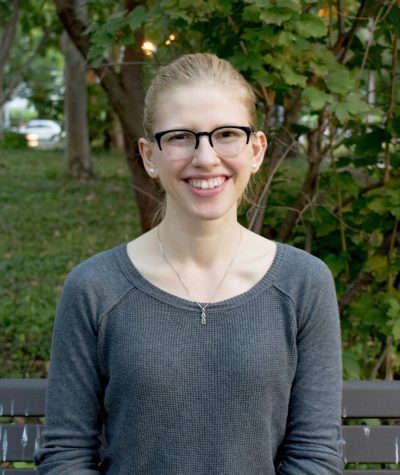USG funds the masses
Spring semester Mass Funding requests are highest ever
December 2, 2016
The Undergraduate Student Government (USG) recently approved the Mass Funding for spring 2017. This year, organizations funded by USG submitted a total request for almost twice as much money as USG planned to allocate in their mass funding process. Each organization’s budget went through five rounds of cuts before USG announced the final budgets that will fund student activities through the spring semester.
USG started with budget requests totalling about $450,000—the highest amount they’ve ever had. In the first two rounds of cuts, two different subgroups reviewed each budget and adjusted them to fit USG funding guidelines. That brought the budget down to $296,797.35. In the third round, USG cut at least 50 percent from all capital purchases, limited organizations to two internal events such as mixers, capped organizations at five events total and denied all funding for apparel. After that, still around $10,000 over its budget, USG implemented a five percent cut across the board.
Going into mass funding, USG is limited by the allocation they receive from the Student Executive Council (SEC). USG’s typical allocation is 23.53 percent of the Student Activity Fee (SAF) revenue, but that can vary if previous off-the-tops, such as SpringFest, Thwing Study Over, Homecoming and Senior Week, request more than is available in the SEC Reserves. Out of their portion of the SAF, USG dedicates 96 percent to funding student organizations through mass funding, mass funding appeals, rolling funding and supplies for the SPARTA Center.
In this year’s spring semester Mass Funding, the average organization received 50.6 percent of their requested budget. According to Vice President of Finance Tommy Pierre, this is not out of the ordinary; organizations often receive 40-50 percent.
Because of the five percent cut made across the board, the most an organization could receive was 95 percent of their requested budget, which six organizations did.
Yujie Hu is the Treasurer for the Red Cross Club, one of those six organizations, and in the past she also served as the USG Finance Committee Secretary.
“I have been through the mass funding process on both sides and it’s a very involved process,” said Hu. “Basically the entire USG comes together to work all Sunday to allocate funds.”
For Hu, it took about 25 minutes to compile the Red Cross Club’s $510 requested budget, and before she submitted it she took time to review it against the funding guidelines.
This is Hu’s third semester participating in mass funding, so she has the benefit of experience. She says that being very clear in budget requests is important; in the past USG denied a request for food for a blood drive because she didn’t specify whether the food was for Red Cross workers or students. This semester, she made it clear that the food was for student volunteers.
“Because they are so undermanned and they have to cut the requests by so much, any questionable or vague requests will probably be dropped,” said Hu.
For the organizations who had less of their budgets approved in mass funding, USG held appeals on Nov. 28, during which organizations requested a portion of the money specifically set aside for the appeals process. About 30 organizations appealed, which, according to Pierre, is pretty standard.
During the spring semester organizations can also request rolling funding, though that comes from this semester’s rollover, so how much money will be available is yet to be determined.
“We just like to point out that we do not have the capability to fund groups entirely, but rather we are subsidizing them for their events and travel needs,” said Pierre. “We would definitely encourage groups to seek other funding sources, such as campus departments, offices, local businesses, et cetera.”
One group that went through appeals and may soon be seeking outside funding is the Student Community at Covenant (SCC). At 8.5 percent of their requested budget, they were the least-funded group percentage-wise; at $305.05, though, their final allocation was far from the smallest.
Like Hu, this is SCC Vice President Jack Worsham’s third semester working on the group’s mass funding request. He says that 8.5 percent is an ”abnormally low number” for the SCC, but most of the cuts were to new events, not the group’s usual agenda.
One major new addition to the group’s budget was a service trip, which received no funding. Rather than appealing that, the group will ask the Church of the Covenant for funding; otherwise, there won’t be a service trip this semester.
For some of their smaller events, though, the group is appealing. They hope to get the funding needed to cook a meal at Hope Lodge and do craft with veterans. Appeals have gone well for the group in the past. As a lesser-known campus group, they have benefitted from the chance to explain their events.
While both Worsham and Hu like the mass funding system on the whole, both have small changes they would like to see made: Worsham would like to see more money go towards community service, and Hu wants USG to encourage students to sit in on mass funding to increase transparency.
Pierre, too, has changes in mind. Next semester the Finance Committee will be reviewing the mass funding guidelines. The guidelines have been fairly static in recent semesters, but spring semester the committee will be reaching out to organizations, seeking feedback and revisions.



